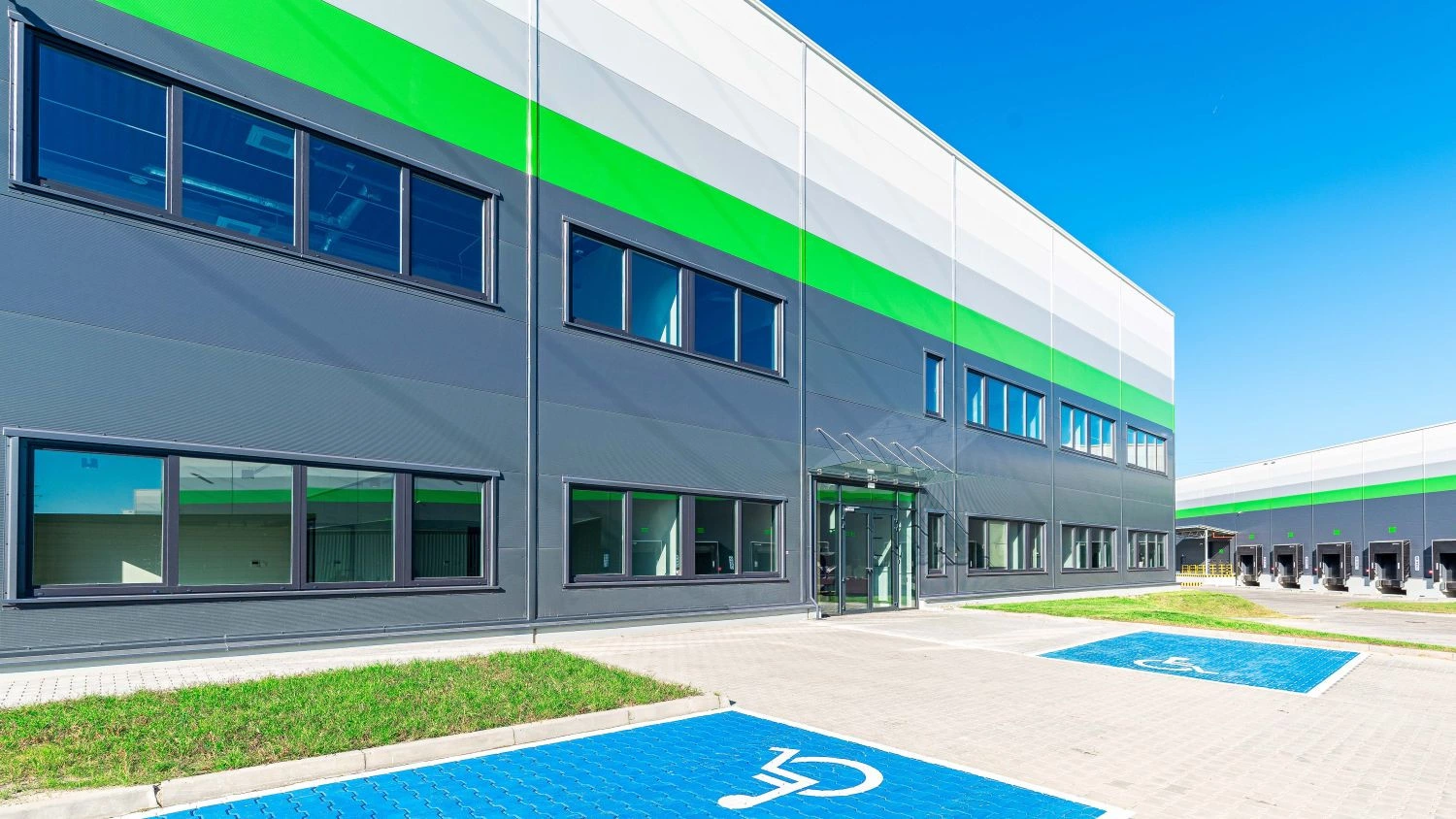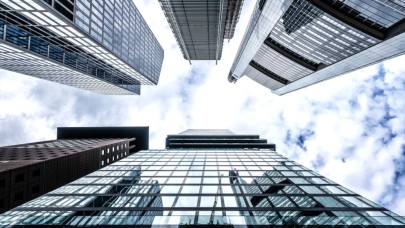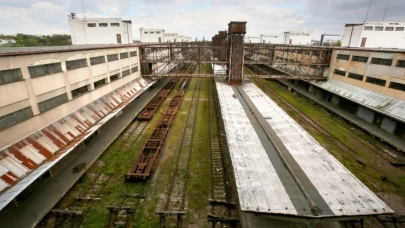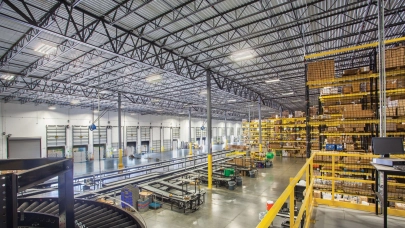
MDC2 Park Gliwice has achieved one of the highest scores in Poland, receiving the BREEAM Outstanding New Construction certification. With a score of 92.6%, it sits amongst the top ten certified industrial buildings in Europe.
MDC2 Park Gliwice is located at the junction of the A4 and A1 motorways in Gliwice in Upper Silesia. The project is owned by a fund managed by Invesco Real Estate. The developer is MDC2. The development comprises three buildings with a total area exceeding 58,000 on a 13.4-hectare site. The project was commissioned in Q4 2023. Companies such as Rohlig SUUS - one of the fastest growing, market-leading logistics operators in Poland and AFL - a global market leader in information technology, have leased space in the development.
"Our common goal was to create a space that not only meets the needs of tenants but also contributes to protecting the environment. The fact that we have achieved this is the result of the hard work of the entire team and proof that responsible investments can benefit both people and nature", says Anna Szelc, Director of Investments, Invesco Real Estate.
"Achieving the highest BREEAM rating is a huge success for us. This proves that our sustainability efforts are producing a tangible effect. Thanks to the use of state-of-the-art technologies and sustainable construction practices, MDC2 Park Gliwice remains at the forefront of this type of speculative development, setting the best example for the entire warehouse market in Poland", says Katarzyna Dudzik, Development Director, MDC2.
In terms of the operation of the building, the MDC2 provides energy-efficient solutions and reduce the environmental impact of the development. A life cycle analysis (LCA) of materials was used to assess the environmental impact of the investment and products with EPD environmental declarations were used.
Thanks to the thermal insulation of the walls, the building minimizes heat loss, resulting in lower heating and cooling costs (62% reduction in final energy consumption compared to reference buildings). The use of passive technologies has resulted in an additional reduction in primary energy demand of 40% on average. Water-saving solutions, including aerators, electro-valves, and leak detection systems, have reduced water consumption by over 66% compared to standard models. Regular monitoring of energy consumption, water consumption and CO2 emissions was carried out at each stage of construction. A minimum of 80% of the office space has access to daylight. A construction waste recycling rate of at least 97% was achieved. FSC and PEFC-certified timber was used in the construction of the building. Rexbud, the general contractor, with ISO 14001 environmental management certification, was responsible for the project.
The JWA team is responsible for carrying out the certification process.



